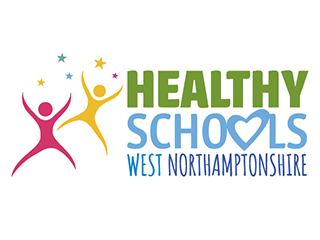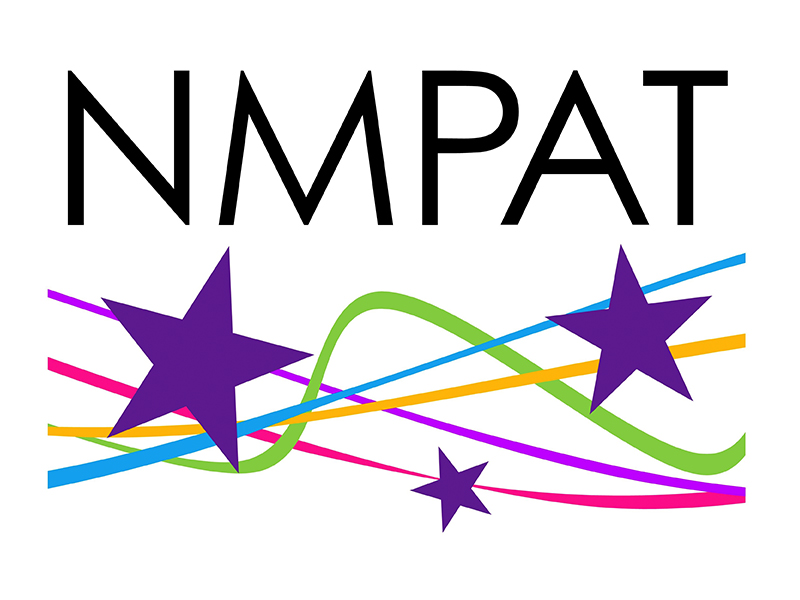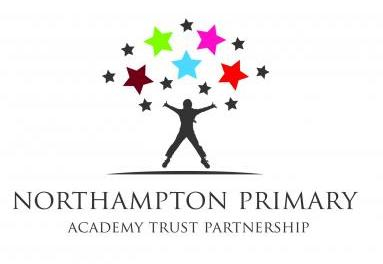Staying Safe Online
When children are using the internet at school or at home it is very important that they stay safe. At school children have been taught how to stay safe when using the internet on the computer, a tablet or a mobile phone.
If children are worried about anything they see on the internet it is really important that they talk to an adult who they trust.
Remember if you see something on the internet that concerns you:-
ZIP IT
BLOCK IT
FLAG IT
When using any computer, tablet or phone device remember SMART:-
S = SAFE - Don't give out your own information
M = MEET - Do not arrange to meet people you have met online
A = ACCEPTING - Only open emails and texts from people you trust
R = RELIABLE - Some people online tell lies, only talk to people you are friends with in the real world
T = TELL - Tell a parent or adult you trust if something you see online makes you feel uncomfortable
At Headlands, we use Project Evolve to deliver our online safety curriculum. The curriculum is split into 8 themes:-
- Self Image
- Health and Wellbeing
- Online Bullying
- Online Reputation
- Online Relationships
- Privacy and Security
- Copyright and Ownership
- Managing Online Information
These themes allow children to explore the dangers of the online world and how to stay safe. We also celebrate Safer Internet Day every year.
Each month parents/carers will receive a Knowsley newsletter with hints and tips about how to keep children safe online. Parents/carers can help children stay safe and positive online by:-
Having conversations without judgement - whether by playing games, watching videos, or doing things your child enjoys, spending time together online is a great way to start conversations about the online world and how they're finding being a part of it. It is important to ask questions and take an interest in what your child enjoys online. An essential part of having this open dialogue is not to judge, even if their behaviour or life online isn't what you wanted or expected. This ensures that your child feels they can come to you if ever they make a mistake or experience a problem online.
Knowing where you can learn more about their favourite apps and games - Websites like Common Sense Media or The Family Gaming Database can be invaluable sources of information. When your child starts talking about a new game or app, why not do some research into the reporting and blocking options available? Then you can help your child if they come to you with an issue.
Getting support if things go wrong - There are lots of organisations who are there to support you and your family if something has gone wrong. The Report Harmful Content website can help you with issues such as cyberbullying, impersonation and threats. You can report worrying behaviour towards children to CEOP. Find out more on Childnet’s Get Help page.
Reassuring your child that whatever happens online, you are there to support them - Let your child know that the best way to address any problem they have online, is to tell a trusted adult immediately. For example, this might include someone sending them a friend request; an online message; telling them to visit a specific website, or app; or asking them for their personal information. Reassure them that if anything happens online that they are unsure about, or makes them feel worried or upset, they can come to you for help.
For more important information on how to stay safe online please see our regular Online Safety Newsletters below as well as some useful links:-
Children In Need - Staying Safe Online







